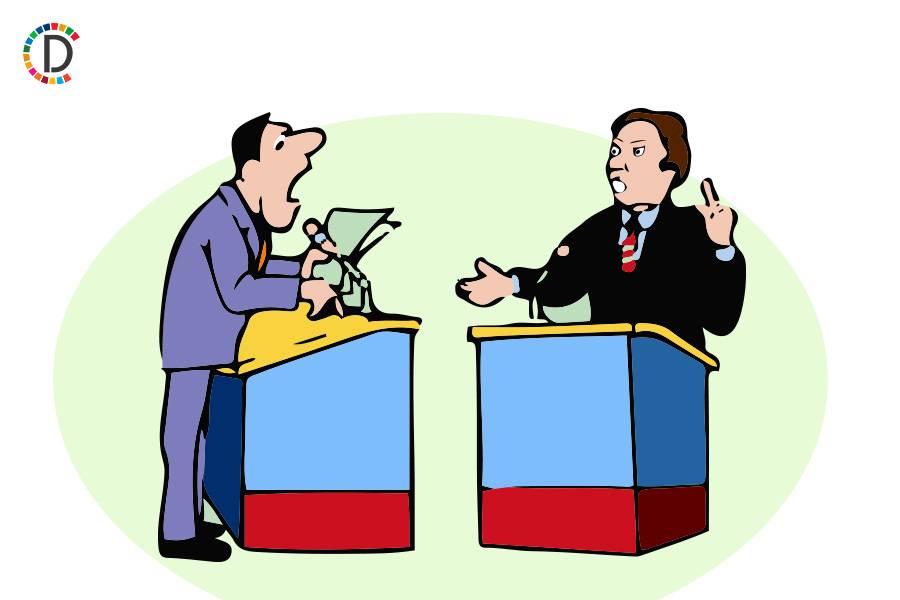France Faces Political Gridlock After Divisive Election
France's legislature has become fragmented after an election where no faction gained a majority. President Macron's gamble didn't pay off, resulting in a divided parliament. Political alliances are necessary to govern, but the outlook remains unclear, affecting economic stability and international relations.

- Country:
- France
France's political landscape faces uncertainty as voters split their support across leftist, centrist, and far-right factions, preventing any single group from achieving a majority in the legislature. This division raises concerns over potential paralysis in the EU's second-largest economy.
President Emmanuel Macron's decision to call snap elections backfired, leaving him in a position where alliances are crucial for governance. Prime Minister Gabriel Attal announced his resignation, though he may stay through the Paris Olympics or beyond.
The fragmentation poses risks for markets and has significant implications for global affairs, including the war in Ukraine and European economic stability. The results have the leftist New Popular Front as the largest group, followed by Macron's centrists, and Marine Le Pen's far-right National Rally in third.
(With inputs from agencies.)










